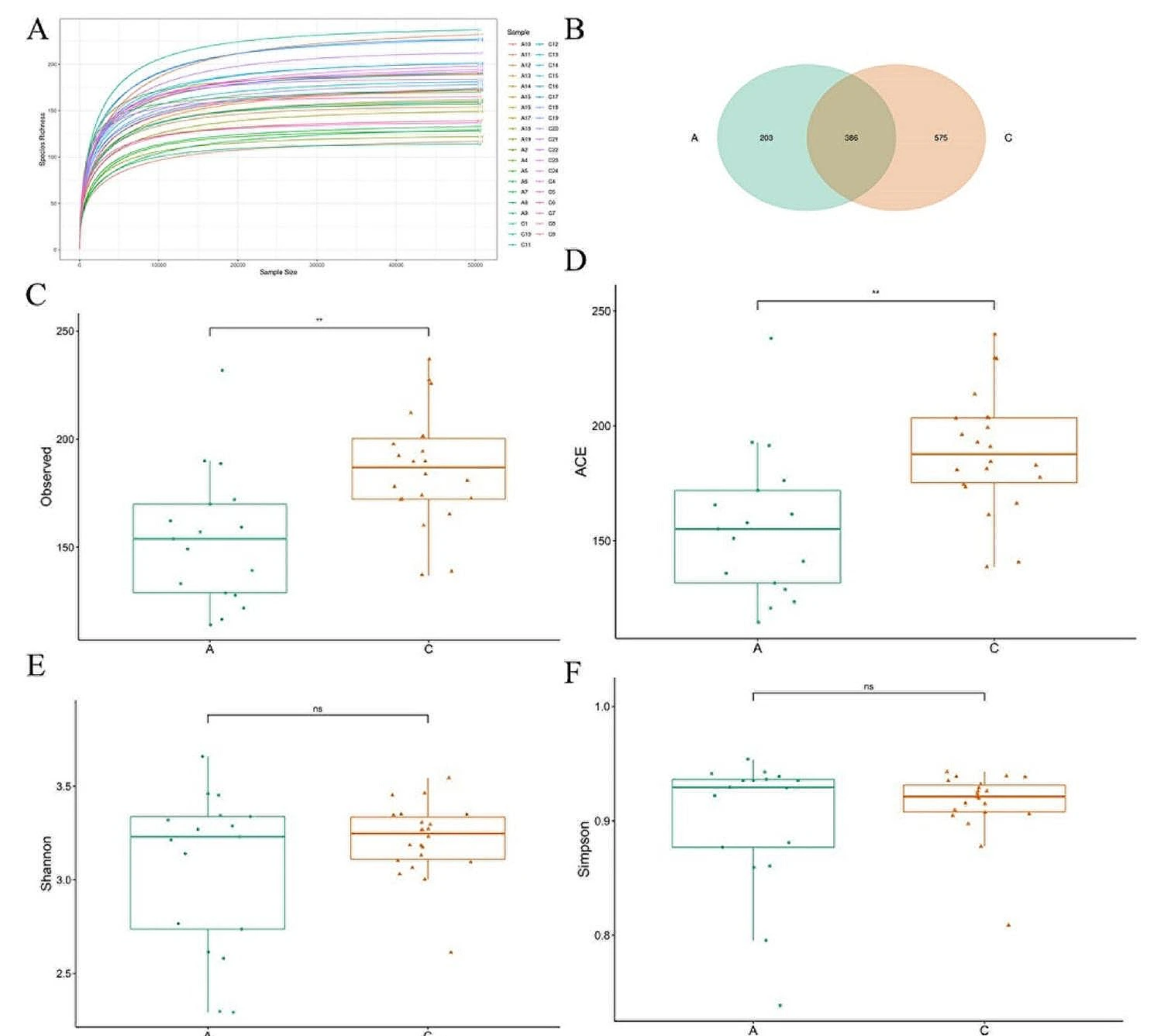Exosome Microbiomics Analysis Service
Exosomes are nano-sized vesicles secreted by cells, found widely in various bodily fluids. They carry not only host cell-derived information but also exogenous microbial components. By combining high-throughput sequencing techniques (e.g., 16S rRNA gene sequencing or metagenomics) with metabolomics, this service provides a comprehensive analysis of exosomal microbiome features, unveiling the complex interactions between microbes and their host, along with their potential biological functions.
Exosome microbiomics analysis service is extensively applied in disease diagnostics, infectious disease research, tumor biomarker discovery, immune monitoring, and precision medicine. For instance, this approach can identify differences in exosomal microbiomes, pinpointing microbial signals associated with specific diseases. In infectious disease research, it helps elucidate pathogen transmission mechanisms by analyzing exosomal microbial genes and metabolites. In oncology, this analysis reveals potential microbe-related tumor biomarkers, offering valuable insights and targets for clinical diagnosis and treatment.
Services at MtoZ Biolabs
Based on high-throughput sequencing platforms and high-resolution mass spectrometry (LC-MS/MS) technology, MtoZ Biolabs offers an exosome microbiomics analysis service for comprehensive exosomal microbiome profiling. By extracting exosomal microbes from bodily fluid samples such as blood, urine, and tissue fluids, and combining 16S rRNA gene sequencing, metagenomics, and metabolomics analysis, we are able to accurately identify the composition of exosomal microbiomes, changes in abundance, and related metabolite information. This service ensures high-sensitivity and high-resolution analysis results, revealing the interactions between the exosomal microbiome and the host, providing reliable data support for disease mechanism research, tumor biomarker screening, and precision medicine.
Service Advantages
1. High-throughput Analysis
Utilizing state-of-the-art high-throughput sequencing platforms and mass spectrometry technologies, we efficiently extract and analyze microbiome data from complex biological samples, ensuring comprehensive and accurate results.
2. High Sensitivity
With optimized sample enrichment and processing methods, we achieve precise identification and quantitative analysis even in low-abundance microbiome samples, uncovering dynamic microbial changes.
3. Integrated Multi-Omics Data
Combining DNA, RNA, and metabolite analysis, we deliver comprehensive exosome microbiome data, uncovering the complex interactions between microbes and their host.
4. Customized Service
Tailored analytical solutions are provided based on the specific disease and research requirements, ensuring accurate data support aligned with our customers’ research goals.
Applications
1. Cancer Research
By analyzing the exosome microbiome of cancer patients, we uncover connections between microbes and tumorigenesis, metastasis, and immune evasion, providing potential targets for cancer immunotherapy.
2. Neurodegenerative Diseases
The exosome microbiomics analysis service can investigate the relationships between the exosome microbiome and neurodegenerative conditions such as Alzheimer’s and Parkinson’s, offering insights into disease mechanisms and early diagnostic approaches.
3. Metabolic Diseases
Analyze the association between the exosome microbiome and metabolic conditions such as diabetes and obesity, shedding light on the role of microbes in metabolic regulation.
4. Immune Regulation and Autoimmune Diseases
The exosome microbiomics analysis service can examine the exosome microbiome’s influence on immune responses, exploring potential mechanisms underlying autoimmune diseases and aiding in the development of therapeutic strategies.
5. Drug Development
By studying the exosome microbiome, we can assess how drugs affect microbial communities, providing scientific insights for novel drug discovery and personalized treatment.
Case Study
1. Altered Microbiome of Serum Exosomes in Patients with Acute and Chronic Cholecystitis
This study aimed to investigate the changes in the serum exosome microbiome in patients with acute and chronic cholecystitis and explore their potential associations with the disease. Subjects included individuals with acute cholecystitis, chronic cholecystitis, and healthy controls. By extracting, amplifying, and performing high-throughput sequencing of microbial DNA from serum exosomes, the authors assessed compositional and diversity shifts in the microbiome among these groups. The findings revealed significant alterations in the exosome microbiome of cholecystitis patients compared to healthy individuals, with marked changes in the abundance of certain bacterial genera. Moreover, these differences exhibited distinct patterns between acute and chronic disease stages. Functional predictions indicated that the exosome microbiome of cholecystitis patients was significantly associated with inflammatory responses and cholesterol metabolism pathways. The study concluded that serum exosome microbiome alterations could serve as potential biomarkers for cholecystitis, paving the way for their use in disease diagnosis, monitoring, and therapeutic evaluation.

Zhu, Q. et al. BMC Microbiology, 2024.
Figure 2. Alpha Diversity Analysis of Microbial Communities in Exosomes of Patients with Acute and Chronic Cholecystitis.
Deliverables
1. Comprehensive Experimental Details
2. Materials, Instruments, and Methods
3. Data Analysis, Preprocessing, and Estimation
4. Bioinformatics Analysis
5. Raw Data Files
FAQ
Q1: How does this service ensure the accuracy and reliability of the results?
A1: By utilizing high-resolution sequencing platforms alongside rigorous sample preparation and quality control workflows, the service ensures data accuracy. Coupled with well-established bioinformatics pipelines, it delivers precise microbial classification and abundance information. Additionally, the service includes sample variance correction to maintain consistency and reliability across datasets.
Q2: Can the analysis be customized based on specific research needs?
A2: Yes, the service supports customized analysis. Researchers can tailor the scope of the microbial profiling, choose specific functional annotation databases, and request preferred data presentation formats, ensuring the results align closely with their research objectives.
How to order?







